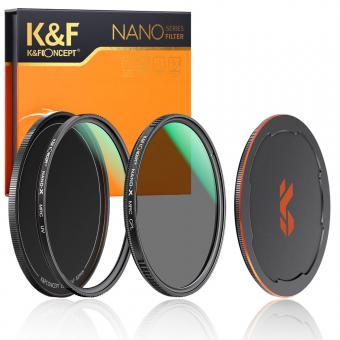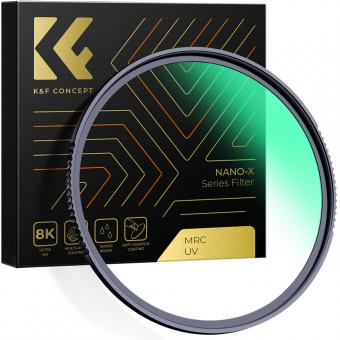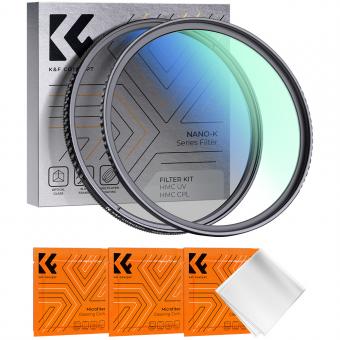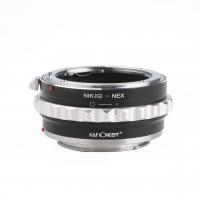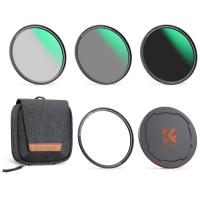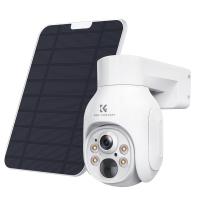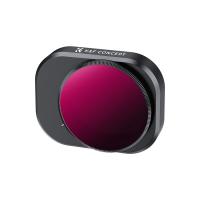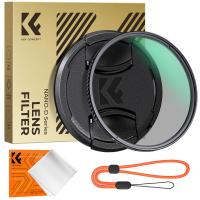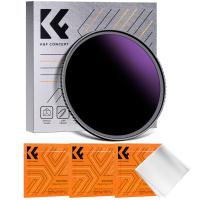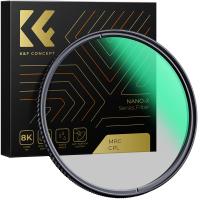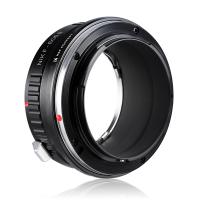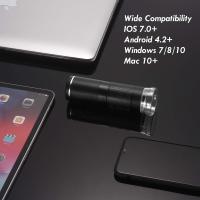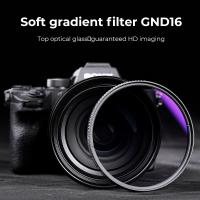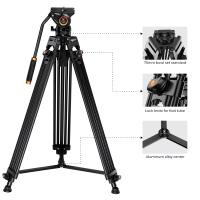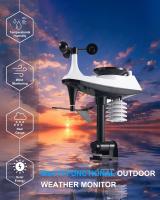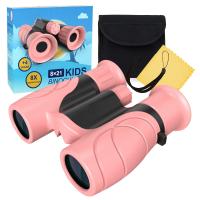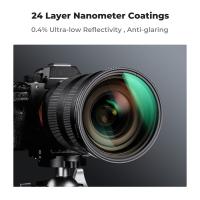What Is Uv Filter For Aquarium ?
A UV filter for an aquarium is a device that utilizes ultraviolet (UV) light to kill or inhibit the growth of microorganisms, such as bacteria, viruses, and algae, in the water. It is typically used as an additional filtration method to maintain water clarity and improve the overall health of the aquarium ecosystem. The UV filter works by exposing the water to UV light, which damages the DNA of the microorganisms, preventing their reproduction and growth. This helps to reduce the risk of diseases, control algae blooms, and maintain a clean and clear environment for the fish and other aquatic organisms in the aquarium. UV filters are commonly used in both freshwater and saltwater aquariums and are available in various sizes and configurations to suit different tank sizes and needs.
1、 Purpose of UV Filters in Aquariums
The purpose of UV filters in aquariums is to eliminate harmful microorganisms and maintain water clarity. UV filters use ultraviolet light to kill or deactivate bacteria, viruses, algae, and other pathogens that can cause diseases or affect the health of aquatic organisms.
UV filters work by exposing the water to UV-C light, which damages the DNA of microorganisms, preventing them from reproducing. This helps to control the population of harmful bacteria and parasites, reducing the risk of infections and diseases in fish and other aquatic animals. Additionally, UV filters can help to prevent the growth of algae, which can cause water discoloration and reduce oxygen levels in the aquarium.
In recent years, there has been a growing interest in the use of UV filters in aquariums due to their effectiveness in maintaining water quality. They are particularly beneficial in saltwater aquariums, where the risk of diseases and algae blooms is higher. UV filters can also be used in freshwater aquariums, especially in heavily stocked tanks or those with a history of disease outbreaks.
It is important to note that UV filters should not be considered a substitute for proper aquarium maintenance and water quality management. Regular water changes, proper filtration, and a balanced ecosystem are still essential for the overall health of the aquarium. UV filters should be used as a supplementary tool to enhance water clarity and reduce the risk of diseases, but they should not be solely relied upon.
In conclusion, the purpose of UV filters in aquariums is to eliminate harmful microorganisms and maintain water clarity. They are effective in controlling bacteria, viruses, and algae, reducing the risk of diseases and improving the overall health of the aquatic environment. However, they should be used in conjunction with proper aquarium maintenance practices for optimal results.
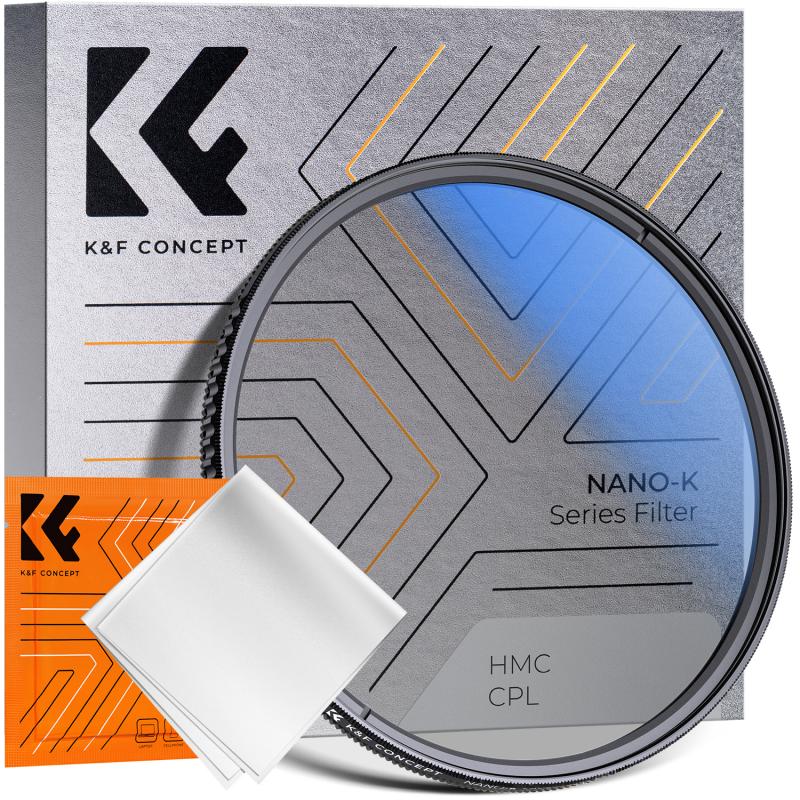
2、 Benefits of UV Filters for Aquarium Water Quality
Benefits of UV Filters for Aquarium Water Quality
A UV filter for an aquarium is a device that utilizes ultraviolet light to eliminate harmful microorganisms and improve water quality. It is an essential tool for maintaining a healthy and balanced aquatic environment. Here are some of the key benefits of using UV filters in aquariums:
1. Elimination of Harmful Pathogens: UV filters effectively kill bacteria, viruses, and parasites that can cause diseases in fish and other aquatic organisms. By exposing the water to ultraviolet light, these filters neutralize harmful microorganisms, reducing the risk of infections and improving the overall health of the aquarium inhabitants.
2. Algae Control: UV filters are highly effective in controlling algae growth in aquariums. Algae blooms can quickly take over an aquarium, causing water discoloration, oxygen depletion, and even fish death. UV filters disrupt the reproductive cycle of algae, preventing their growth and keeping the water clear and clean.
3. Improved Water Clarity: UV filters help to maintain crystal-clear water by removing suspended particles and organic matter that can cause cloudiness. This not only enhances the aesthetic appeal of the aquarium but also creates a healthier environment for the fish and plants.
4. Reduction of Medication Use: By eliminating harmful pathogens, UV filters can reduce the need for medication in the aquarium. This is particularly beneficial for sensitive fish species that may be adversely affected by certain medications. Additionally, using UV filters can help prevent the development of antibiotic-resistant strains of bacteria.
5. Enhanced Biological Filtration: UV filters can complement the existing biological filtration system in the aquarium. By reducing the number of harmful microorganisms, they allow beneficial bacteria to thrive and maintain a stable nitrogen cycle, which is crucial for the overall health of the aquarium ecosystem.
In conclusion, UV filters offer numerous benefits for aquarium water quality. They effectively eliminate harmful pathogens, control algae growth, improve water clarity, reduce the need for medication, and enhance biological filtration. Incorporating a UV filter into an aquarium setup can significantly contribute to the overall health and well-being of the aquatic inhabitants.
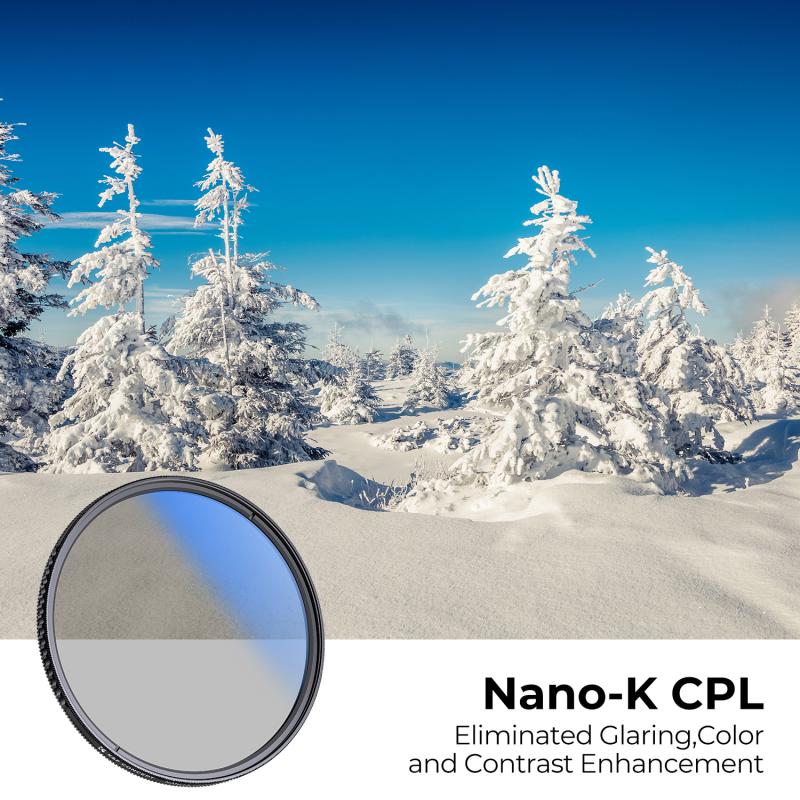
3、 UV Filters and Algae Control in Aquariums
UV filters for aquariums are devices that use ultraviolet light to control algae growth and maintain water clarity. These filters are designed to kill or inhibit the growth of algae and other microorganisms that can cause water quality issues in aquariums.
UV filters work by exposing the water passing through them to ultraviolet light, which damages the DNA of algae and other microorganisms, preventing them from reproducing. This helps to reduce the population of algae in the aquarium and prevent the water from becoming green and cloudy.
In addition to controlling algae, UV filters can also help to control other harmful microorganisms such as bacteria and parasites. This can be particularly beneficial in aquariums with sensitive or delicate fish species that are prone to infections or diseases.
The use of UV filters in aquariums has been a topic of debate among hobbyists and experts. While some argue that UV filters are unnecessary and can disrupt the natural balance of the aquarium ecosystem, others believe that they are a valuable tool for maintaining water quality and preventing algae outbreaks.
The latest point of view on UV filters in aquariums suggests that they can be beneficial when used correctly and in moderation. It is important to choose a UV filter that is appropriately sized for the aquarium and to follow the manufacturer's instructions for installation and maintenance. Additionally, it is recommended to use a UV filter as part of a comprehensive approach to aquarium maintenance, including regular water changes, proper filtration, and appropriate feeding and stocking levels.
Overall, UV filters can be a useful tool for controlling algae and maintaining water clarity in aquariums. However, it is important to consider the specific needs of the aquarium and to use UV filters in conjunction with other appropriate maintenance practices.
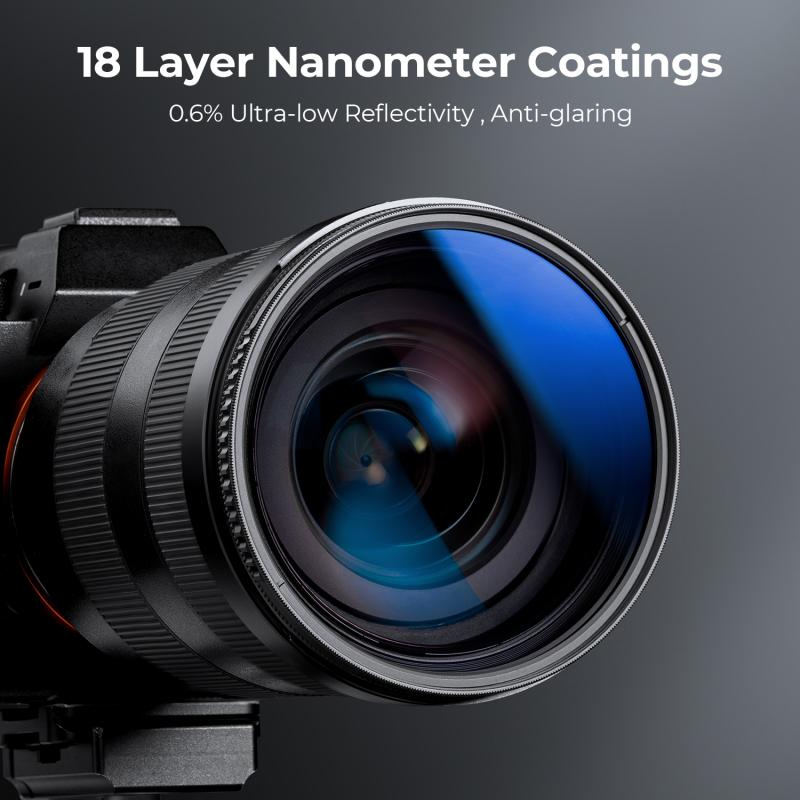
4、 UV Filters and Disease Prevention in Aquarium Fish
UV filters for aquariums are devices that use ultraviolet light to kill or inhibit the growth of harmful microorganisms in the water. These filters are commonly used in aquariums to prevent the spread of diseases among fish and other aquatic organisms.
UV filters work by exposing the water to ultraviolet light, which damages the DNA of microorganisms such as bacteria, viruses, and parasites. This effectively sterilizes the water, reducing the risk of disease transmission. UV filters are particularly effective against common aquarium diseases such as ich (white spot disease), fin rot, and bacterial infections.
In recent years, there has been growing interest in the use of UV filters for disease prevention in aquarium fish. Research has shown that UV filters can significantly reduce the incidence of diseases in aquariums, leading to healthier and more vibrant fish. Additionally, UV filters can also help improve water clarity by reducing the presence of suspended particles and algae.
However, it is important to note that UV filters should not be seen as a standalone solution for disease prevention. They should be used in conjunction with other good aquarium practices, such as regular water changes, proper filtration, and maintaining optimal water parameters. UV filters are most effective when used as part of a comprehensive approach to aquarium health.
In conclusion, UV filters are an effective tool for preventing the spread of diseases in aquarium fish. They work by using ultraviolet light to kill or inhibit the growth of harmful microorganisms in the water. While UV filters can greatly reduce the risk of disease transmission, they should be used in combination with other good aquarium practices for optimal results.

